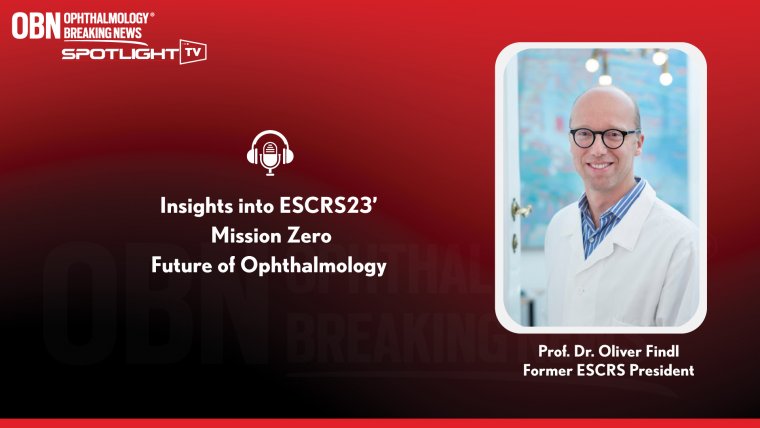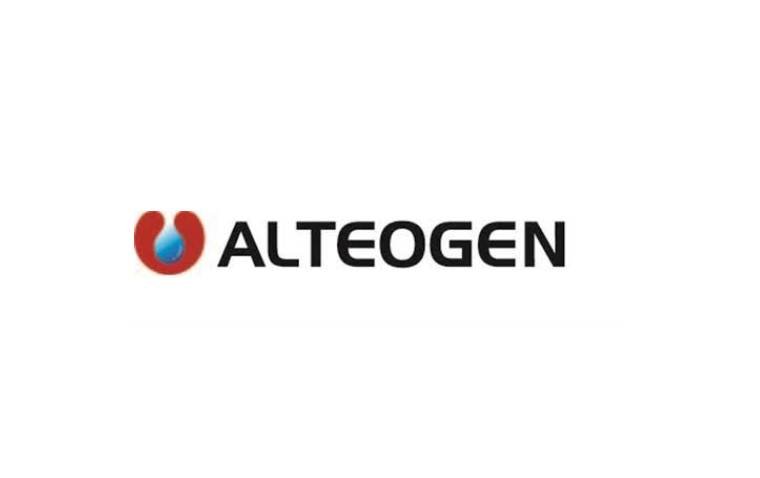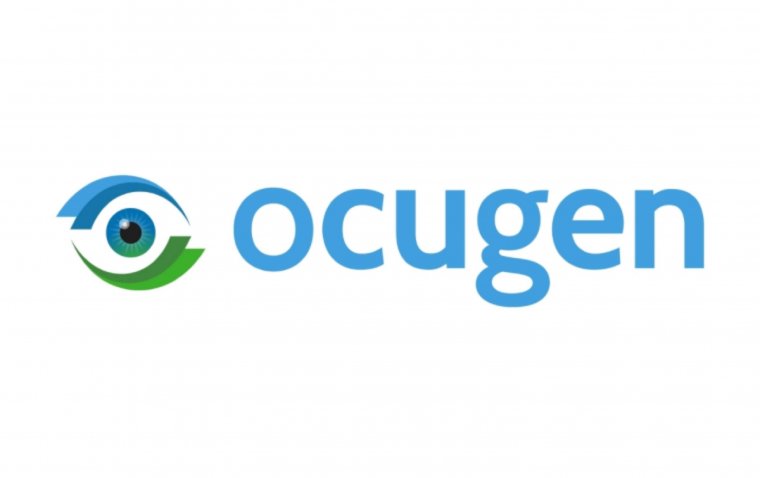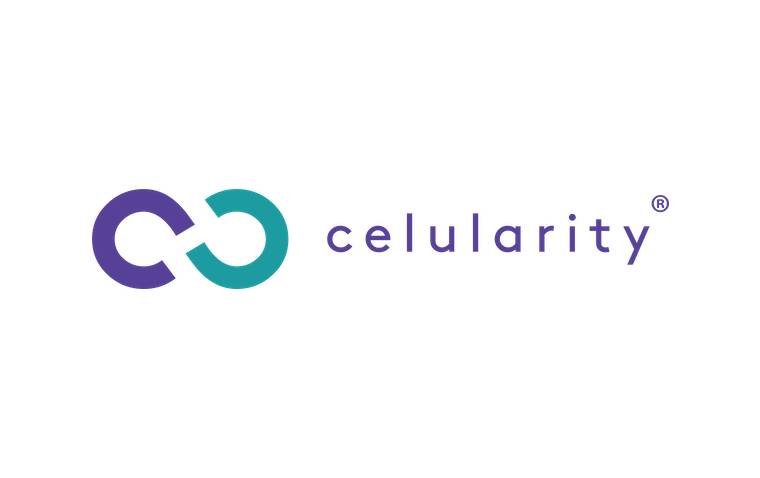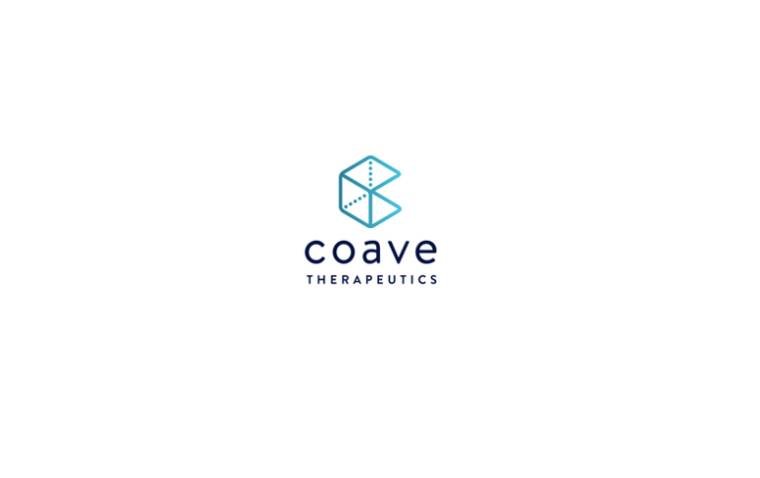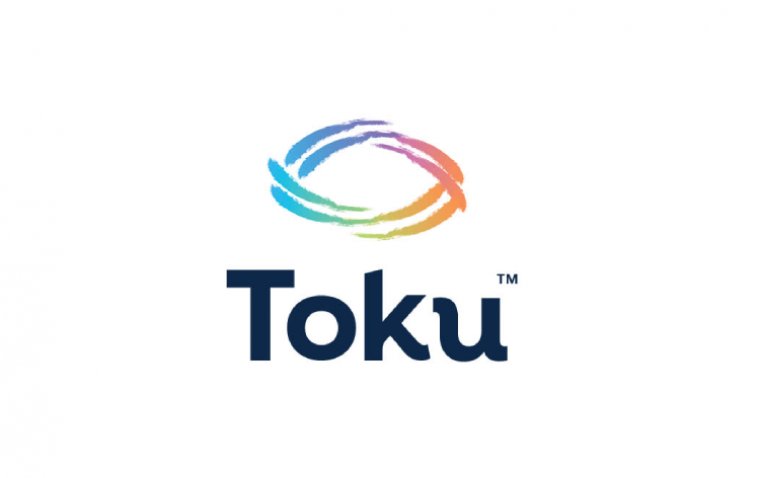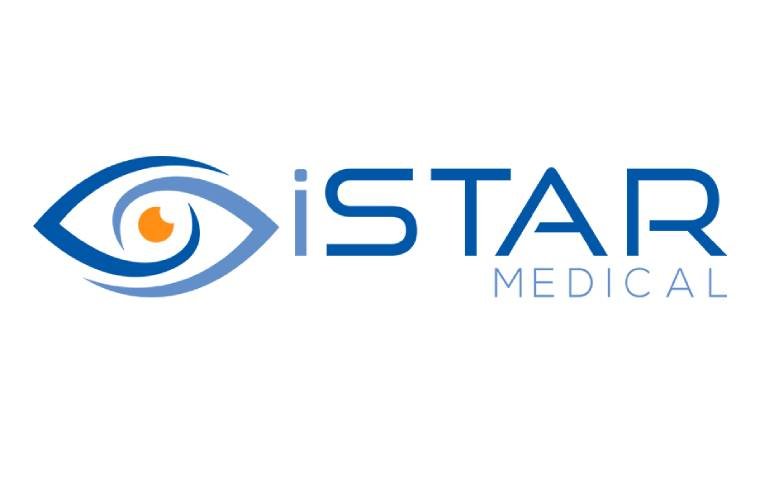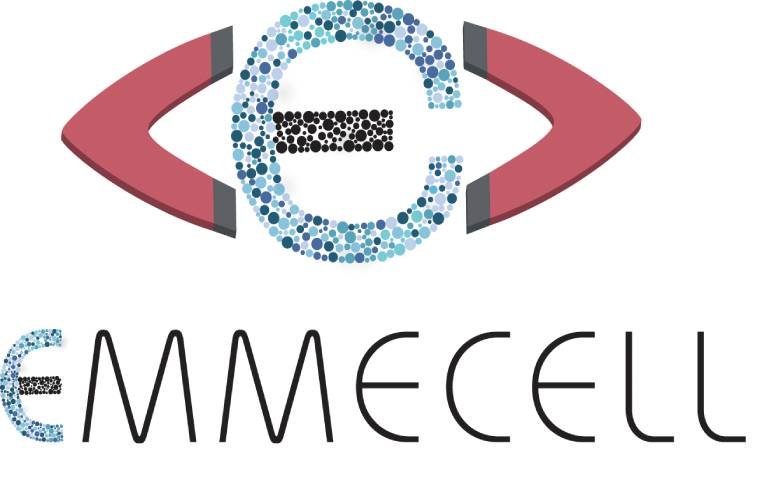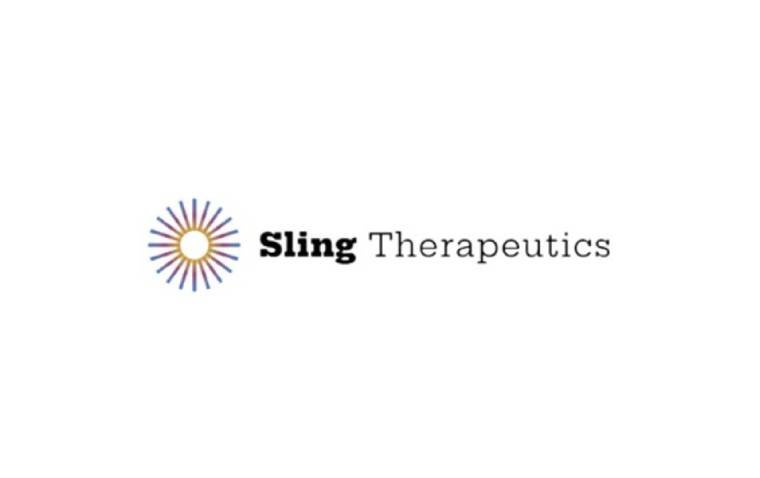
Sling Therapeutics Announces Positive Results from Phase 2b/3 LIDS Trial of Linsitinib for Thyroid Eye Disease
Sling Therapeutics has revealed positive topline efficacy and safety results from the Phase 2b/3 LIDS trial of linsitinib, an oral small molecule for the treatment of Thyroid Eye Disease (TED). This represents the first successful clinical trial of an oral therapy for TED, marking a significant milestone in the treatment of this debilitating condition.
About Linsitinib
Linsitinib, the lead product candidate for Sling Therapeutics, is an oral small molecule taken twice daily. It inhibits the IGF-1R target, a validated pathway in TED, and has an established safety profile demonstrated across 15 clinical trials involving over 900 patients in various disease areas.
“We believe linsitinib can be a potential new treatment option that could enable a broader number of physicians across multiple therapeutic disciplines to treat patients diagnosed with TED,” said Ryan Zeidan, PhD, President and CEO of Sling Therapeutics.
Key Findings from the LIDS Trial
The LIDS trial was a randomized, double-masked, placebo-controlled study conducted at 35 sites in five countries. It evaluated the safety, pharmacokinetics, and efficacy of linsitinib in 90 patients with active, moderate to severe TED. Patients were randomized 1:1:1 to receive either:
• 150 mg BID linsitinib,
• 75 mg BID linsitinib, or
• Placebo for 24 weeks.
Primary Endpoint Achieved
• Proptosis Responder Rate (PRR):
• At the 150 mg BID dose, 52% of patients achieved at least a 2-mm reduction in proptosis by Week 24 (p = 0.01).
Safety and Adverse Events
Linsitinib demonstrated a favorable safety profile, consistent with previous clinical trials. Key safety highlights include:
• No drug-related hearing impairments (1 unrelated case in 29 patients).
• 0% rate of tinnitus (placebo-adjusted).
• 3% rate of hyperglycemia, with no interventions required.
• 0% menstrual cycle changes.
• No QTc prolongation observed with rigorous ECG monitoring.
Common Adverse Events (≥10%):
• Mild or moderate and reversible side effects such as diarrhea (20.7%), headache (20.7%), nausea (20.7%), fatigue (17.2%), ALT increase (17.2%), hyperhidrosis (13.8%), AST increase (10.3%), and muscle spasms (10.3%).
• Hepatic transaminase increases resolved quickly with no signs of liver injury.
Expert Commentary
Dr. Raymond Douglas, Chief Scientific Officer at Sling Therapeutics and a lead investigator, emphasized the impact of linsitinib:
“In this trial, patients demonstrated significant improvement in disease with no drug-related hearing impairments or significant hyperglycemia. These side effects are the largest barriers for current medical treatments, making linsitinib an important potential new therapy for patients with TED. As a practicing physician, it makes sense to start a new patient’s treatment journey with an oral therapy that shows an early response that increases over time.”
Next Steps
Sling Therapeutics is engaging with regulatory authorities to finalize the design of a Phase 3 confirmatory trial, expected to begin in 2025. Full results from the Phase 2b/3 trial will be presented at an upcoming medical conference.
Conclusion
The success of the LIDS trial positions linsitinib as a groundbreaking oral therapy for TED, offering patients an effective and convenient alternative to current treatments. With its strong safety profile and significant efficacy, linsitinib holds promise for transforming the treatment landscape for TED.
(1).jpg)
